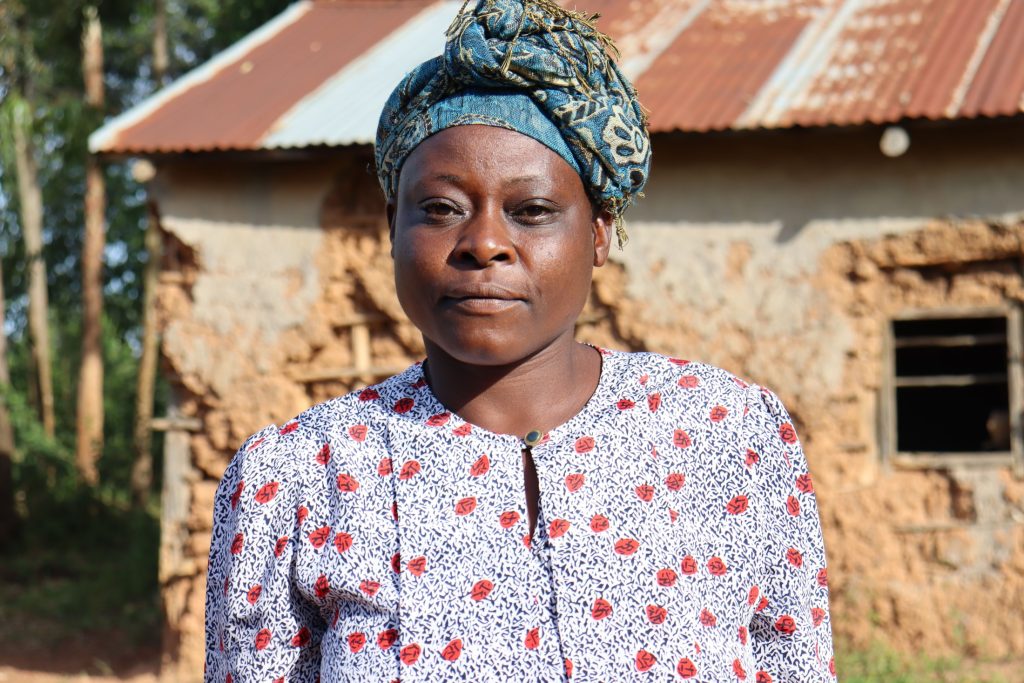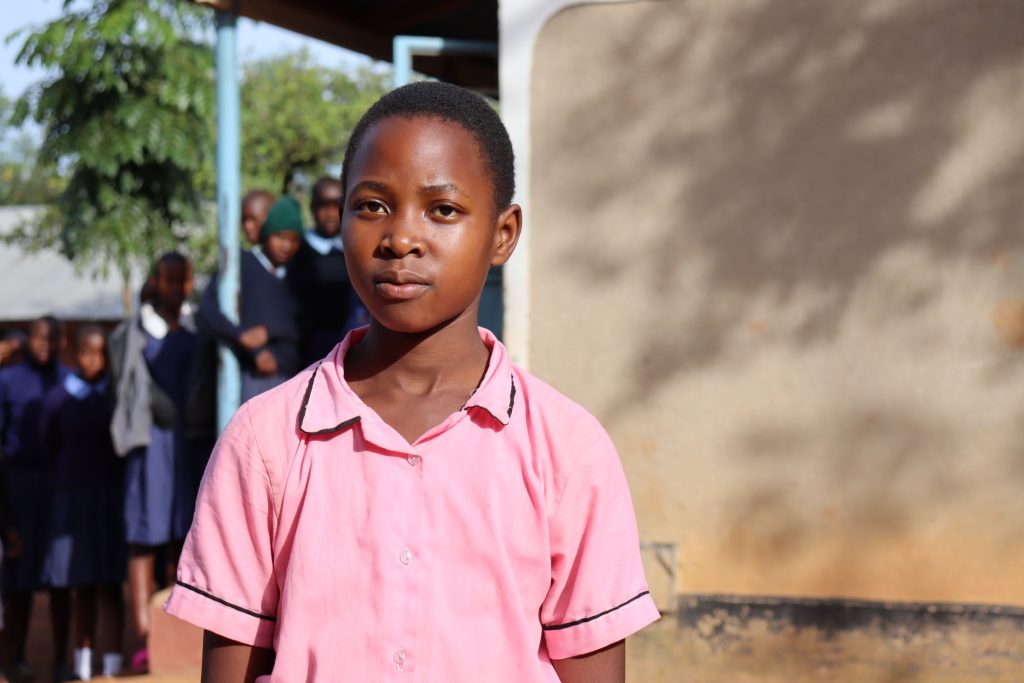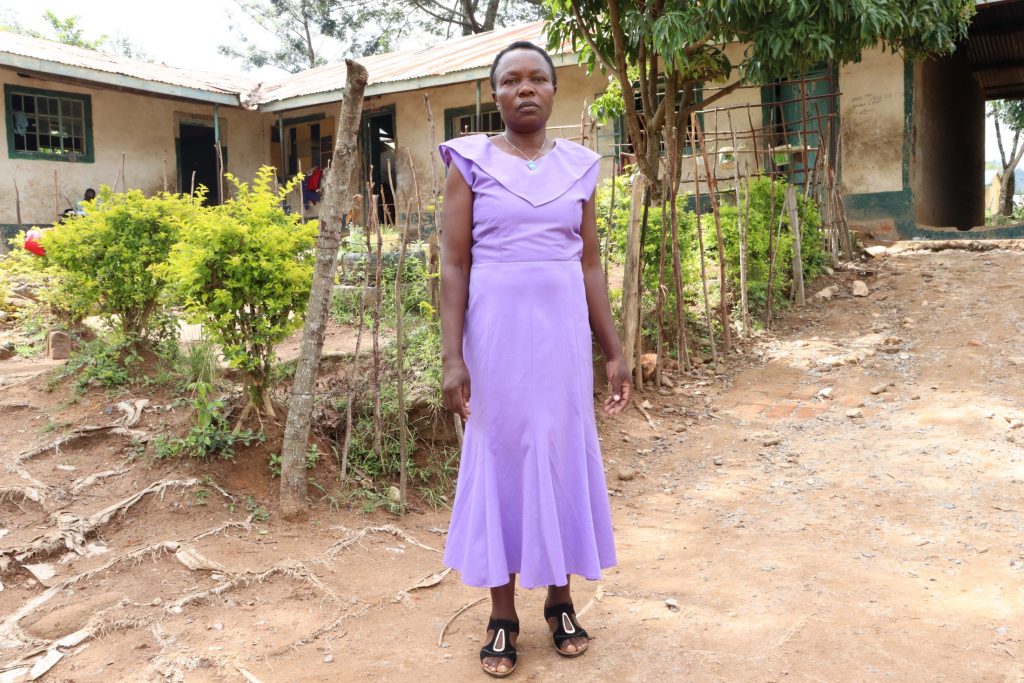When Clean Water Isn’t an Option: How People in Western Kenya Cope
Life without clean water is very challenging. It has been said repeatedly that “water is life,” and without it, life can be so difficult. But how do people survive without safe and clean water? What do they do?
To find answers, I met with a few people in Western Kenya currently living without clean and safe water.
Like Josephine Mundia, a mother in her forties.

“[The] lack of water at home or nearby is so frustrating, and we cover a very long distance to get the water,” Josephine said.
“Our source of water is a river which is over a kilometer away. Water from this river is so dirty and contaminated since animals drink from the same river. They drop feces and even urinate in the same river. Children swimming and playing in the same river is a norm, but we do not have an option but to fetch water from the same spring. Whenever it rains, water from the spring is so dirty that we have to give it time to settle.”
Josephine knows drinking the water as-is is dangerous for her and her family. But in rural Kenya, stoves (and electricity) are rare, so Josephine must get firewood and make a fire daily to ensure her family has water to drink.
“Before using the water, I am always forced to boil it first,” Josephine said. “Majorly, I only boil water for drinking, but water for other domestic chores is used just as it is, and this is quite dangerous. So my only way of purifying water is boiling.”
Seventh grader Tabitha K.’s family has to do the same thing at home — but it’s a different story at school.

“We used to get water from a nearby spring for both school and domestic use,” Tabitha said. “The water was always dirty, but at school, we drink it as it is, and this makes us suffer from waterborne disease. Back at home, it is always boiled in an effort to make it safer.”
Schools also lack access to clean water, and we sought to know what school staff does in such situations. Ruth Mugasia Amuli, a teacher at Muhaya Primary School (which is currently awaiting funds for a new borehole well), explained.

“Running a school without an adequate supply of water is so difficult,” Ruth said.
“At times, we request pupils to carry water from home as they come to school. When this water is brought, one can clearly see that the water is so dirty and not fit for human consumption. The containers used to ferry the water are always so dirty: a clear indication of how unsafe the water is. During such cases, we use purifiers like WaterGuardⓇ to purify the water. Despite the interventions, we still have cases of waterborne diseases like typhoid among our pupils and teachers.”
People cannot live without water. To survive, people apply methods like boiling, chlorine, and water purifiers to make the water safe for human consumption. It is also evident that they are inconsistent in their efforts to purify the water, which still exposes them to waterborne diseases.
The Water Project installs safe, reliable water projects in communities, schools, and health centers to benefit people like Josephine, Tabitha, and Ruth. We’re working to supply every person in our service areas with water in a half-hour round trip — but we can’t do it without you!
Home More Like ThisTweet